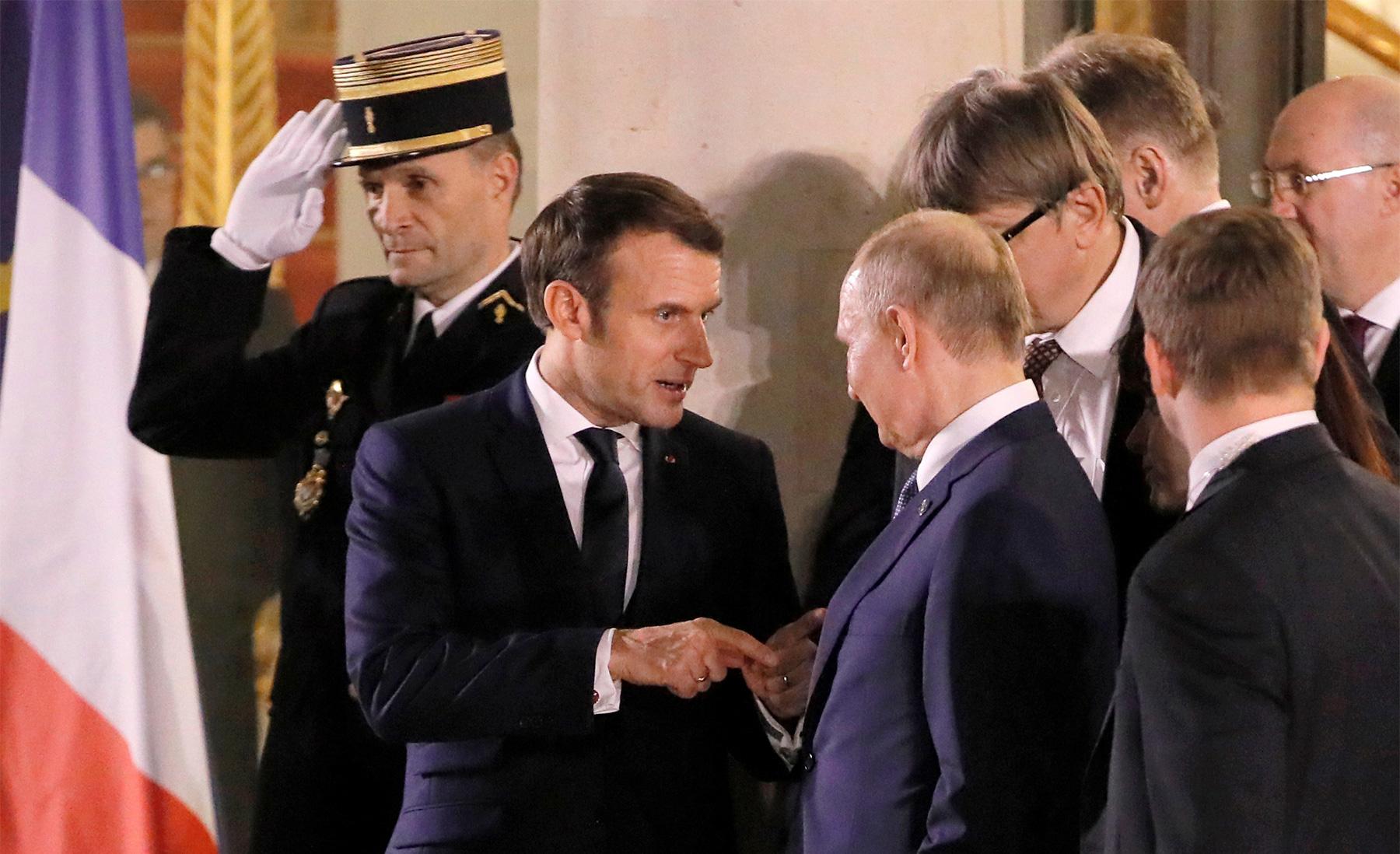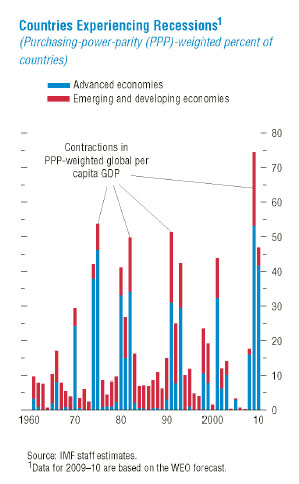France's Nuclear Shield: A Shared European Approach?

Table of Contents
The Current State of France's Nuclear Deterrent
Independent Deterrent Doctrine
France's nuclear deterrent, known as the Force de Frappe, is based on an independent nuclear strategy. This policy prioritizes national sovereignty and the ability to respond independently to threats. The rationale behind this independent approach is to ensure France's security and influence on the global stage, regardless of alliances. The Force de Frappe’s key components include:
- Submarine-launched ballistic missiles (SLBMs): The cornerstone of France's second-strike capability, providing a survivable deterrent.
- Air-launched cruise missiles (ALCMs): Offering a flexible and rapid response option.
- A robust command and control system: Ensuring the secure and reliable operation of the nuclear arsenal.
Modernization programs are constantly underway to maintain the effectiveness and reliability of the French nuclear weapons, a crucial element of France’s dissuasion nucléaire. This continuous investment underlines the significance France places on its independent nuclear strategy.
The Costs and Challenges of Maintaining the Deterrent
Maintaining and modernizing France's nuclear arsenal represents a significant financial undertaking. The budget allocated for nuclear weapons research and development, infrastructure maintenance, and personnel training is substantial. These costs raise important questions about resource allocation and priorities within national defense budgets. Furthermore, ethical considerations surrounding the possession and potential use of nuclear weapons are unavoidable. The risk of nuclear proliferation, accidental use, or escalation must be carefully weighed against the perceived security benefits. Key challenges include:
- High financial burden: The continuous investment required for nuclear weapons maintenance and modernization puts a strain on national resources.
- Technological advancements: Keeping pace with technological developments in nuclear weaponry is crucial to maintaining a credible deterrent.
- Ethical concerns: The very existence of nuclear weapons raises profound ethical dilemmas.
Arguments for a Shared European Approach to Nuclear Deterrence
Enhanced European Security
A shared European approach to nuclear deterrence could offer significant benefits. Pooling resources could lead to more cost-effective nuclear modernization programs and a stronger collective security posture. Burden-sharing could alleviate the financial strain on individual nations, while simultaneously enhancing deterrence against potential aggressors. This combined strength would likely increase Europe's overall strategic influence. The advantages include:
- Improved collective security: A unified approach would deter potential adversaries more effectively.
- Reduced financial burden: Sharing costs across multiple nations could make nuclear deterrence more sustainable.
- Increased strategic autonomy: Europe would be less reliant on external security guarantees.
Addressing Proliferation Concerns
A shared European nuclear deterrent could play a significant role in efforts to counter nuclear proliferation. A united front would enhance Europe's diplomatic influence, allowing for more effective coordination of sanctions and intelligence sharing, ultimately strengthening efforts to prevent rogue states from acquiring or using nuclear weapons. This coordinated approach includes:
- Strengthened diplomatic pressure: A united Europe would have greater leverage in international negotiations.
- Improved intelligence sharing: Pooling intelligence resources would enhance early warning capabilities.
- More effective sanctions: Coordinated sanctions would impose greater costs on proliferating states.
Obstacles to a Shared European Approach
National Sovereignty Concerns
A major obstacle to a shared European approach is the reluctance of some nations to cede control over their defense policies and, critically, their nuclear capabilities. Concerns about national sovereignty and the potential loss of strategic autonomy are deeply rooted in national identities and security priorities. This reluctance manifests in:
- National pride and tradition: Some countries may be hesitant to share control over such a sensitive area.
- Differing security priorities: Individual nations may have unique security concerns that necessitate independent defense strategies.
- Fear of political influence: Concerns exist about the dominance of certain countries within a shared framework.
NATO's Role and Influence
The existing nuclear sharing arrangements within NATO, particularly the US nuclear umbrella, significantly impact any discussion of a purely European-centric approach to nuclear deterrence. Coordination challenges, potential conflicts of interest between NATO's transatlantic focus and a more independent European security architecture, must be carefully considered. This includes:
- NATO's nuclear umbrella: The existing framework could complicate efforts to create a separate European structure.
- Transatlantic relations: A purely European approach could strain relationships with the United States.
- Coordination challenges: Integrating different national capabilities and doctrines would be complex.
Conclusion
The integration of France's nuclear deterrent into a shared European approach presents both opportunities and significant challenges. While a unified European approach could enhance collective security, reduce costs, and strengthen non-proliferation efforts, concerns about national sovereignty, the role of NATO, and the complexities of integrating diverse national interests remain significant obstacles. Further discussion is crucial to determine if and how France's nuclear deterrent can contribute to a truly shared European approach to security. This requires a careful consideration of all relevant factors including national sovereignty, cost-effectiveness, and the overall goal of enhanced security for all European nations. Let’s continue the conversation about France's nuclear deterrent and its future in Europe.

Featured Posts
-
 Palantir And Nato A New Deal Revolutionizing Public Sector Ai
May 09, 2025
Palantir And Nato A New Deal Revolutionizing Public Sector Ai
May 09, 2025 -
 The Great Decoupling In The 21st Century A New World Order
May 09, 2025
The Great Decoupling In The 21st Century A New World Order
May 09, 2025 -
 El Bolso Hereu La Eleccion De Dakota Johnson Y Otras Influencers
May 09, 2025
El Bolso Hereu La Eleccion De Dakota Johnson Y Otras Influencers
May 09, 2025 -
 Controversy Erupts Pam Bondi And The James Comer Epstein Files
May 09, 2025
Controversy Erupts Pam Bondi And The James Comer Epstein Files
May 09, 2025 -
 Pakistan Students Face Uk Visa Restrictions Potential Rise In Asylum Applications
May 09, 2025
Pakistan Students Face Uk Visa Restrictions Potential Rise In Asylum Applications
May 09, 2025
